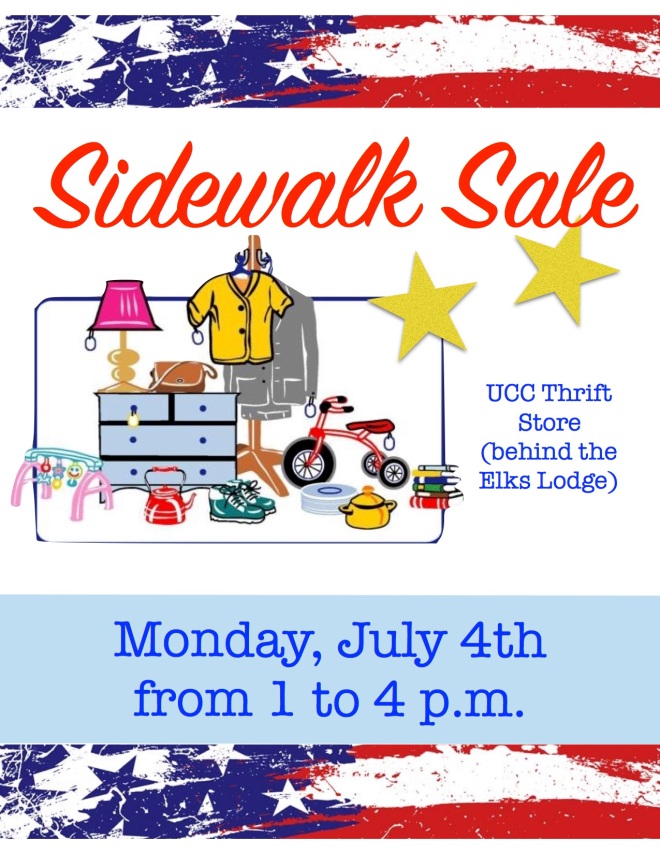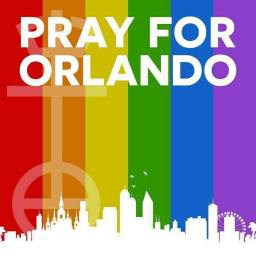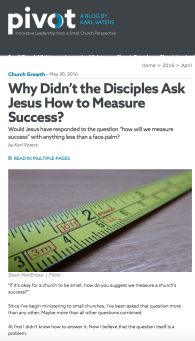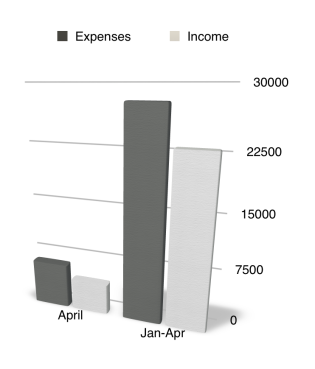
Month: June 2016
Responding to the Orlando Shooting
 Friends,
Friends,
A couple of my high school friends were visiting me at college. They asked my not-yet-wife and I to go with them to the local gay bar. Though I don’t recall a lot of details I have memories of discomfort and vulnerability.
I had never before seen men openly showing affection to one another.
Yes, I knew my visiting friends were gay. My best friend, who would later be the best man at my wedding, had already come out to me. My faith built upon the teachings of Jesus who tells us that the greatest commandment is to love God and neighbor (Mark 12:28-31), had already allowed me to affirm a relationship that was kept closeted in the broader culture.
The biblical witness taught me that love is the core of the Christian faith. The Holy Spirit had already moved me to see that love might very well cross traditional cultural boundaries. Still, it took awhile for my gut emotions to catch up.
I suspect that is how it is with some even today, nearly four decades later. It is how I suspect it is for those who vehemently spew hatred toward so many of my friends, my clergy colleagues, and even my own firstborn child. It can be hard for emotions to catch up when you’ve been raised and taught in traditional ways of thinking.
The trouble with emotion-powered rhetoric regarding our lesbian, gay, bisexual, transgender, and queer kindred is that it can lead us to miss seeing the image of God in others. It can lead to violence toward others as it has too many times and in the early morning hours of June 12, it led to the massacre at an Orlando nightclub.
In my initial numbness, my spontaneous sobs, my deep desire to hold my children close, even my anger over this heinous act, I’ve thought about that night at a midwestern club. I went to that club because I knew it was important to my friends whom I loved. Looking back I see the Divine guiding me to overcome my discomfort and fear to be be present with my friends whose God-created sexuality was disdained by mainstream culture.
I did not yet know that the bars and clubs functioned as sanctuaries. I did not yet know that as one of my clergy colleagues wrote, “When churches would not let us cross their thresholds, the bars were where we held our memorial services and our weddings.” This shooting violated sacred ground as surely as the shooting at the AME church in Charleston did last year!
The arc of the Bible reflects a continuously widening circle of inclusive love. The narrative of Sodom and Gomorrah — despite what you may have been taught — is a parable about how important welcoming others is to God. Jesus regularly crossed the boundaries of ancient life, loving and eating with those his culture told him to despise. God still moves us to widen the circle of love.
In this era of alienation from the divine and one another, when politicians stir up hatred for their own ends, when violence seems impossible to stop, when even our own have too often turned to self-violence, we can make a difference.
We can open our hearts and minds, listening to other ways of thinking. We can choose to speak and act in loving and respectful ways about those in far off places and those we greet on Main Street. It really is that simple to change the world and be the people God created each of us to be.
Rev. Tim Graves
Pastor, Condon United Church of Christ
Measuring Success the Way Jesus Did.
 We’ve been talking recently about the importance of celebrating who we are in the now — a small church with a big impact — rather than looking backwards toward the church of 1957. This article by small church pastor Karl Vaters speaks to how Jesus might measure our success as a church. What do you think?
We’ve been talking recently about the importance of celebrating who we are in the now — a small church with a big impact — rather than looking backwards toward the church of 1957. This article by small church pastor Karl Vaters speaks to how Jesus might measure our success as a church. What do you think?
Church Expenses Outpace Income

The expenses of the church continue to outpace income in the month of April.
April Expenses $6315.01
April Income $4327.00
Profit (Loss) (1988.01)
YTD Expenses $28020.68
YTD Income $23023.75*
Profit (Loss) (4996.93)
*includes $6000 withdrawn from investments
